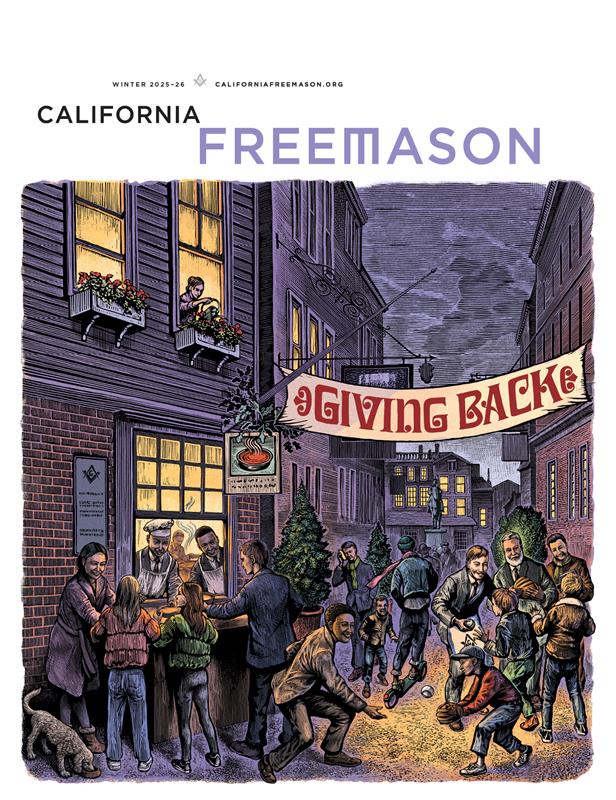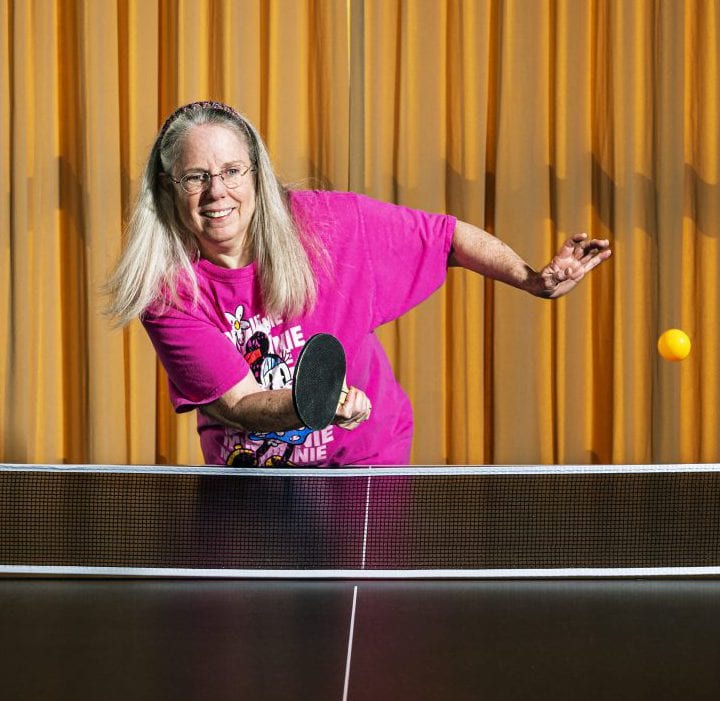
Assistance
Easy, Breezie
A new pilot program is putting high tech in the hands of Masonic seniors.
By Laura Benys
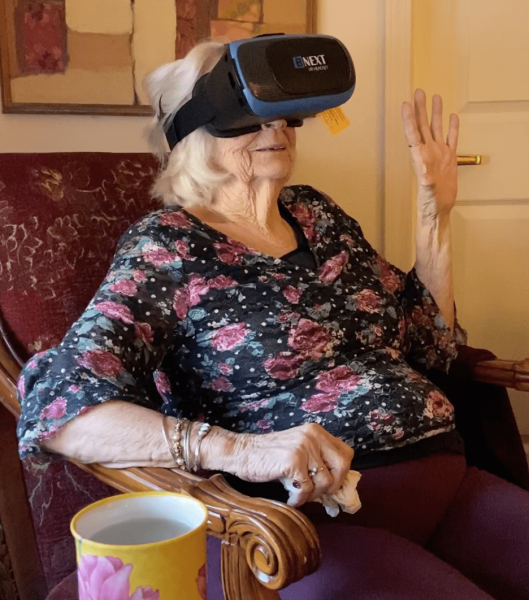
For folks aging at home, technology can be a great way to fend off isolation. Unfortunately, it can also be a hassle to master. How many among us have accidentally locked themselves out of their iPad?
Enter Breezie.
Breezie is a tablet device designed with seniors in mind— think an iPad, but streamlined for octogenarians. The tablet has all its user’s contacts populated in advance, and has big, clear buttons for email and video calls. The web browser is simplified and tailored to individuals’ interests—making it easy for someone with virtually no experience online to surf the internet. It also comes with a dedicated support team.
Too good to be true? Masonic Outreach Services intends to find out. Sabrina Montes, executive director of MOS, came across the tablets at a conference in 2018 and immediately saw their potential for keeping senior citizens who receive MOS services connected with the organization, not to mention with family, friends, and health care professionals. She decided it was worth a closer look. With clients spread across the state and country, MOS has a keen interest in keeping them in the digital loop.
So in March 2019, MOS launched a small pilot program with 10 of its senior clients. Each received a Breezie tablet, allowing them to call and video-chat with friends and family, pursue interests online, and play preloaded games designed for mental agility. Every other week, the group logs on to a Google Hangouts video conference led by MOS staff. These biweekly video meetings include group activities to test new uses for the device—developed by MOS in collaboration with the Breezie team and a group of graduate students in social work. Among the applications tested were a virtual tour of the new Shared Housing location on the Covina campus of the Masonic Homes—a hit—and, soon, virtual tours of several museums. One tester noted that she wanted to try ziplining in virtual reality. Several months later, armed with a pair of VR goggles and the app, she did.
The pilot is ongoing; results will help determine whether MOS adopts the technology more broadly. In the meantime, the testing process has been worthwhile in and of itself: Out-of-state clients are better able to connect with their care managers in video conferences over Skype and Google Hangouts. Even for non-MOS applications the tablets hold promise, Montes says. “It’s provided a unique opportunity for MOS clients to meet each other and learn new skills. That alone has strengthened their connectedness and engagement with each other and challenged them in a fun and interactive way.”
More from this issue:

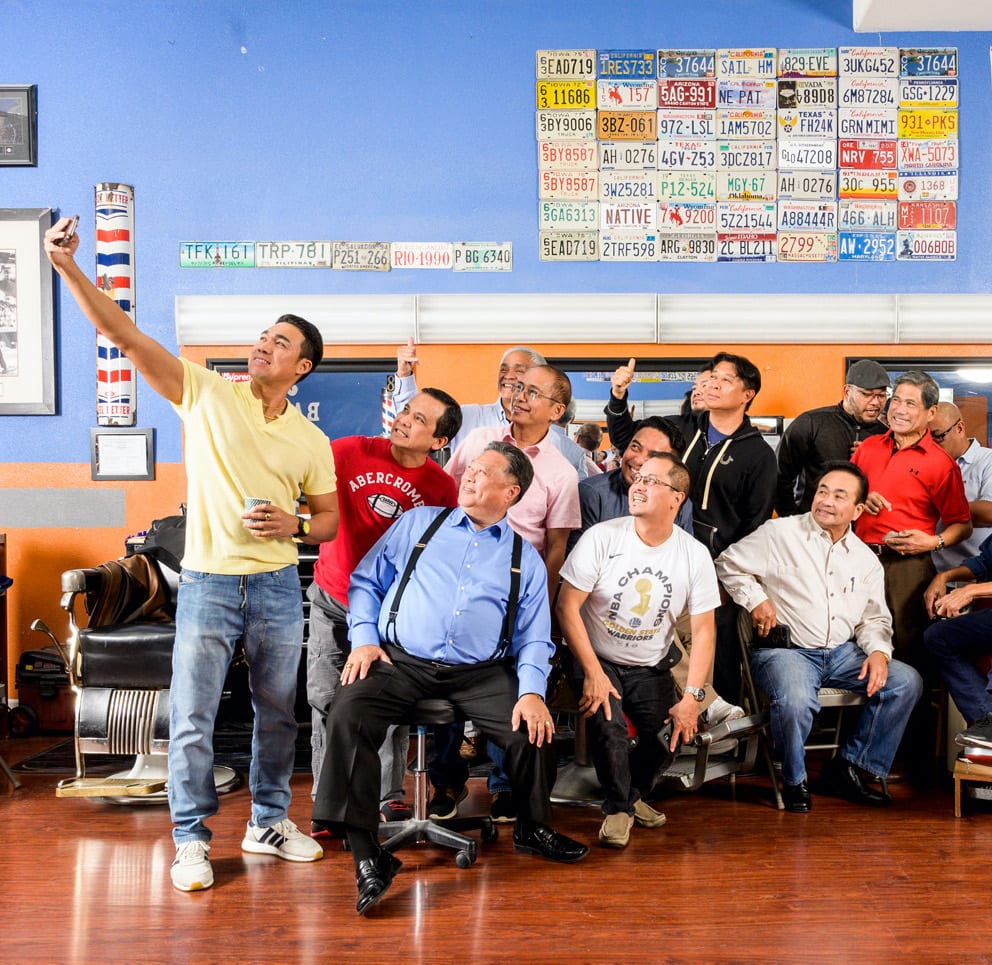
Lodge Profile: Family Matters
For the members of the youngest lodge in the state, American Canyon Lodge No. 875, Masonry is a multigenerational affair
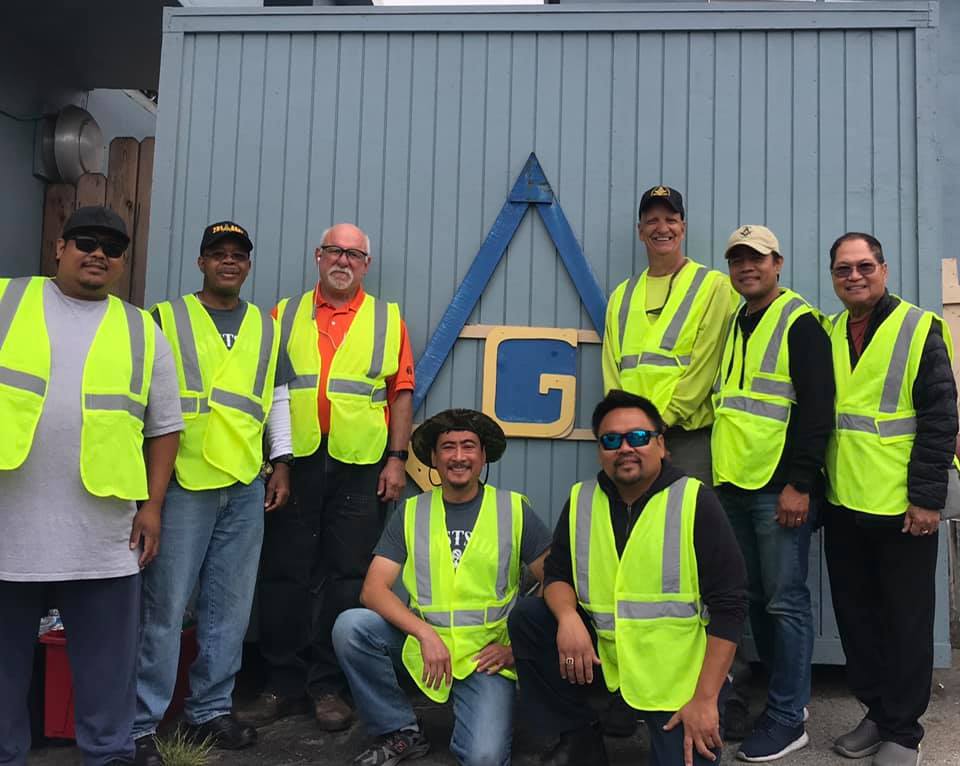
Challenge Accepted
California Masons responded to the #bluelodgechallenge, highlighting acts of everyday charity that are transforming their communities.
